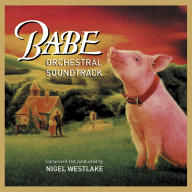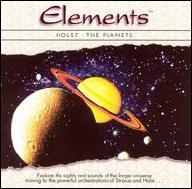Alberto Zelman, who founded the Melbourne Symphony, led it for its first 21 years of existence and built it into a world-class ensemble. Zelman was also the first Australian to conduct the Berlin Philharmonic and London Philharmonic Orchestras. The orchestra affiliated itself with the Australian Broadcasting Corporation (ABC) in 1934, and it became the Victoria Symphony Orchestra in 1945; the orchestra has been supported by the government of Australia's Victoria State. The original Melbourne Symphony Orchestra name was restored in 1965. The orchestra had numerous conductors during the postwar years, most of them Europeans who stayed for only a short time. In 1974, Japan's Hiroyuki Iwaki ascended the podium; he would remain until 1997, becoming the orchestra's longest-serving conductor to date and taking the group on tour to Japan twice. That inaugurated a period of international exposure that included tours of North America, East Asia, and Europe, and in 2014 the Melbourne Symphony made its debut at the BBC Proms in London. Iwaki was succeeded in turn by the German Markus Stenz, Italy's Oleg Caetani (under whom the orchestra absorbed the Melbourne Chorale in 2008 and renamed it the MSO Chorus), and the Japanese-British Tadaaki Otaka before veteran British conductor Sir Andrew Davis arrived in 2013; his tenure was set to conclude in 2019.
Davis brought in such international stars as singers Bryn Terfel and Renée Fleming, and violinist Anne-Sophie Mutter for concerts, and took the orchestra on tours of China and Indonesia. He also continued the orchestra's vigorous recording program, which has been mostly associated with the Australian Broadcasting Corporation's ABC Classics label. The variety of the Melbourne Symphony's recording catalog has been notable, including such items as a new recording of the soundtrack to the film Babe, the jazz recording Ella and Louis, and, in 2019, a recording of Berlioz's L'enfance du Christ on Britain's major Chandos label. ~ James Manheim, Rovi
















